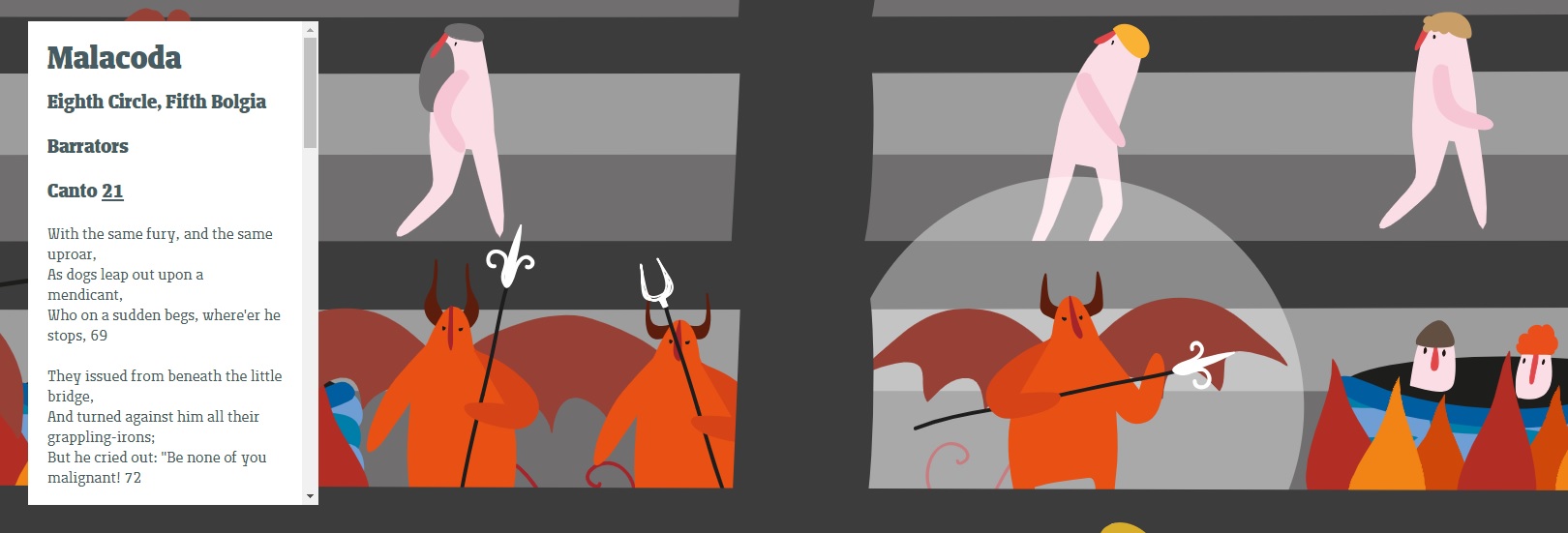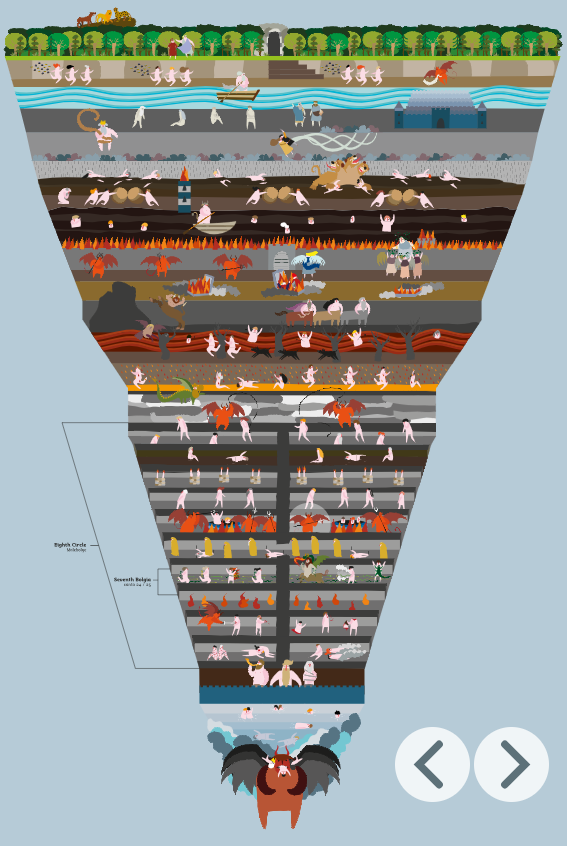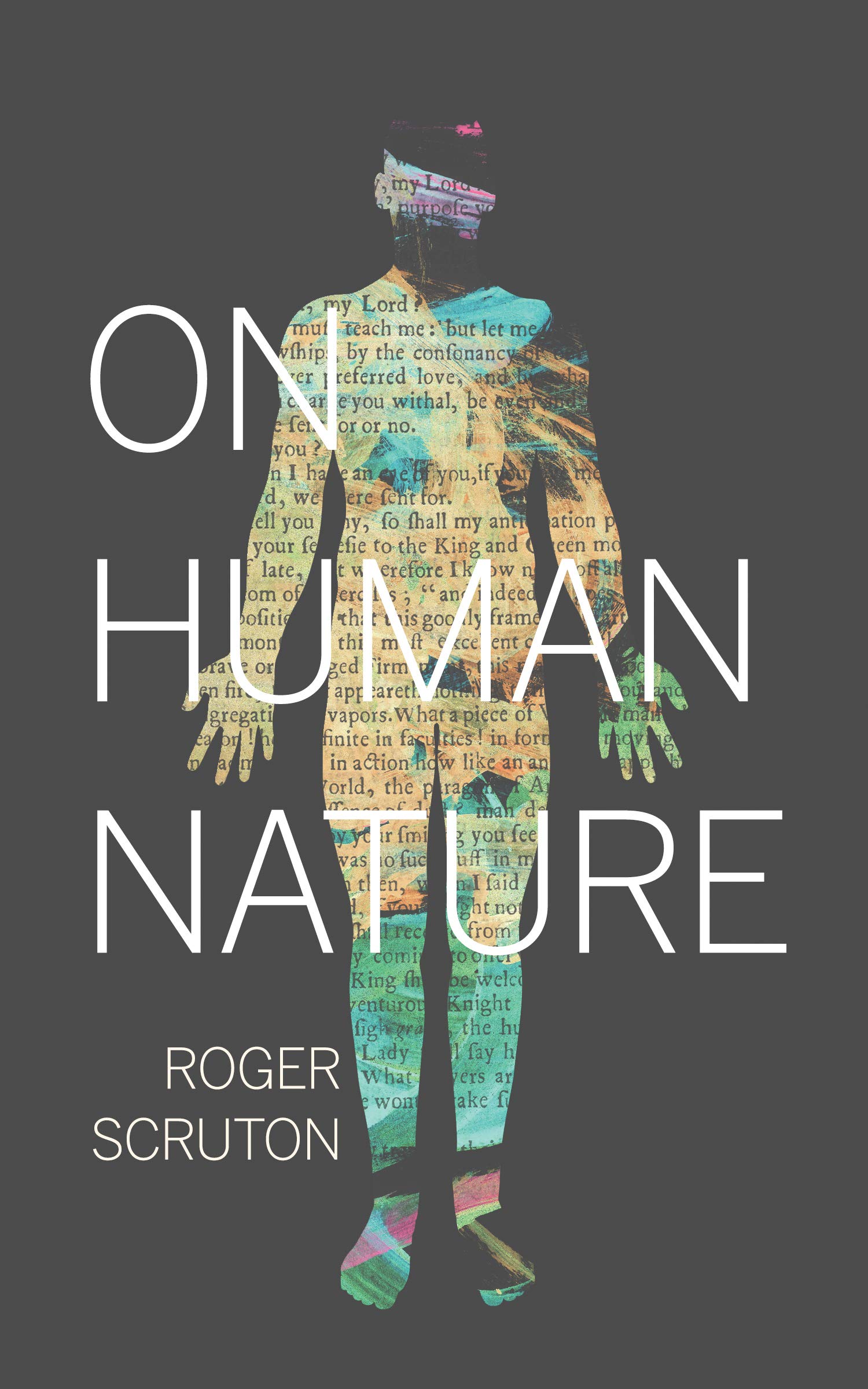The Ballad of Buster Scruggs is my favorite film of the year. Hilarious and moving, beautiful and bleak, eerie and warmly romantic, this film shows Joel and Ethan Coen at the height of their powers, masters of the film medium. And they not only demonstrate their virtuosity technically and artistically, but they show that, coupled with their storytelling skill, they have something to say. This is not just art for art’s sake.
This film is an anthology, a collection of six short stories—presented literally so, with a hand opening and turning the pages of an illustrated book of Western stories as the film progresses. Each is markedly different from the others in style and tone. The first, “The Ballad of Buster Scruggs,” is almost a self-parody—intentionally so. Its verbose, aw shucks protagonist wends his way across a stereotypical Old Hollywood Western landscape, singing and engaging opponents in banter that shows off his vocabulary but that almost immediately descends into comical violence. The cherry on top is a country musical number with a tinge of the supernatural.
“Near Algodones,” about a hapless bank robber who isn’t hanged for a crime he committed but is for one he didn’t, is essentially an extended joke, complete with punchline, but it features a pinch of pathos at the end that prepares the way for the later stories. “Meal Ticket,” the bleakest of the set, is a mood piece. It follows a pair of traveling performers, an armless man who recites long passages from the classics (Harry Melling) and the man who cares for him (the great Liam Neeson, in an almost wordless performance). The story creates such a powerful sense of pathos and sadness, such a keen sense of the long years of this pair’s sad routine, that there’s almost no way it could have ended satisfactorily. It’s the most overtly tragic and least humorous of the six.
My two favorites come sandwiched in the middle. “All Gold Valley,” based on a short story by Jack London, tells the story of an old prospector (Tom Waits) seeking out and, despite some rather serious obstacles, finding a rich vein of gold. In this story the Coens show off their underappreciated skill of making people going through processes—just working on stuff—not only interesting but gripping (c.f. Llewellyn and Chigurh preparing their motel rooms in No Country for Old Men).
The longest, “The Gal Who Got Rattled,” based on a short story by Stewart Edward White, is the most sincerely moving. The story of a star-crossed man and woman on the Oregon Trail, it carefully builds a warm and involving relationship between two lonesome people who find, in each other, hope for something more. The landscapes—western Nebraska prairie—are stunningly shot and flat out beautiful. The performances by the leads—Zoe Kazan as Alice and Bill Heck as Billy Knapp—are wonderfully subtle and understated, as is that of Grainger Hines as Mr. Arthur, another in the Coens’ fine lineage of taciturn men who, when the crisis comes, get crap done. And Alice and Billy’s dialogue, in a sincerely presented religious conversation, introduce what I think is the heart of the whole film: the uncertainty of the ephemeral, fleeting world we travel through (what better image could you hope for than a wagon train?), an uncertainty that means our only hope can come in the world of the transcendent. The story tragically and movingly underlines the point at the very end.
The final story, “The Mortal Remains,” uses the Coens’ skill for humor and dialogue to cast the themes of mortality and the brevity of life in pretty stark relief, showing us out the door—quite literally—with a pair of closing doors, not to learn what happens on the other side in this life.
The Ballad of Buster Scruggs offers not only a great set of varied but thematically unified stories, but it’s also a cinematic delight. Cinematographer Bruno Delbonnel, working with the Coens for the second time (after Inside Llewyn Davis) composes the vast deserts and grasslands beautifully. Look for the lone trees on the horizon in “Near Algodones” or the beautifully untouched, Edenic “All Gold Valley.” The standout is probably “The Gal Who Got Rattled,” with its gorgeous twilight wagon circle (see above) and a genuinely exciting and terrifying action scene—comparable to Rooster’s showdown in True Grit*—at the end. Carter Burwell’s score is also excellent, incorporating folk songs and western motifs while being wholly original and appropriate to the tone of each short.
I can’t speak highly enough of this one. If you haven’t seen it, go out and watch it as soon as you can. If you’ve already seen it, watch it again—it rewards reviewing.
2018 may not have had a lot of good movies, but its good ones were great.
*There are a couple of True Grit Easter Eggs—such as an appearance by Mattie Ross’s boarding house nemesis Grandma Turner—sewn throughout Buster Scruggs. It’s a lot of fun.
Honorable mentions:





























